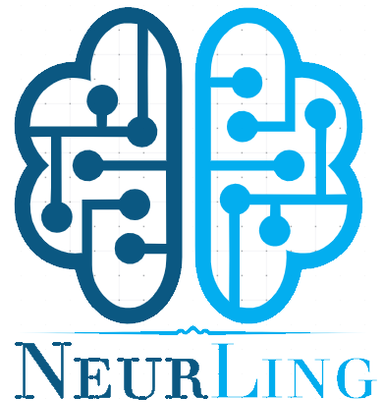Learn more about mental health disorders
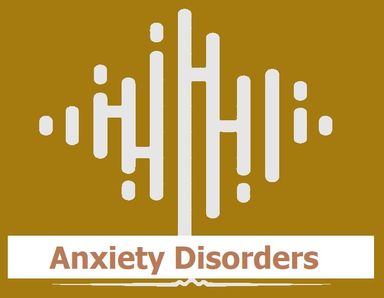
Anxiety Disorders
There are several different kinds of anxiety disorders, such as: generalised anxiety disorder (characterised by excessive worry), panic disorder (characterised by panic attacks), social anxiety disorder (characterised by excessive fear and worry in social situations), separation anxiety disorder (characterised by excessive fear or anxiety about separation from those individuals to whom the person has a deep emotional bond), and others.
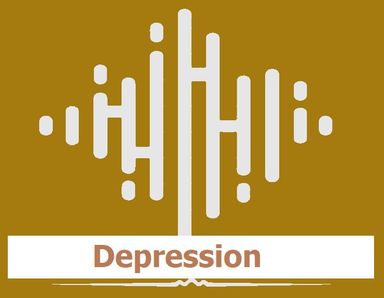
Depression
Depression is a low mood that can last a long time or keep returning, affecting your everyday life. During a depressive episode, the person experiences depressed mood (feeling sad, irritable, empty) or a loss of pleasure or interest in activities, for most of the day, nearly every day, for at least two weeks. Several other symptoms are also present, which may include poor concentration, feelings of excessive guilt or low self-worth, hopelessness about the future, thoughts about dying or suicide, disrupted sleep, changes in appetite or weight, and feeling especially tired or low in energy.
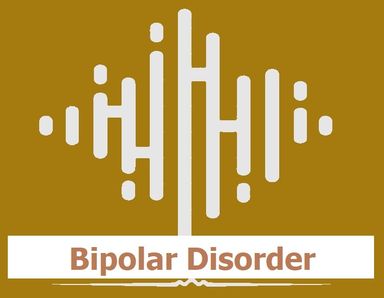
Bipolar Disorder
Bipolar disorder is a mental illness that causes unusual shifts in mood, energy, activity levels, concentration, and the ability to carry out day-to-day tasks. People with bipolar experience both episodes of severe depression and episodes of mania – overwhelming joy, excitement or happiness, huge energy, a reduced need for sleep, and reduced inhibitions.
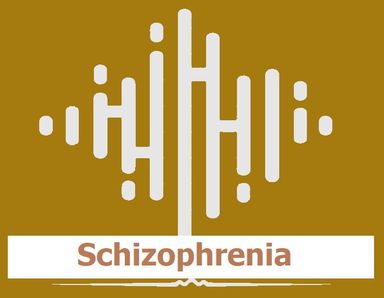
Schizophrenia
Schizophrenia is characterised by significant impairments in perception and changes in behaviour. Symptoms may include persistent delusions, hallucinations, disorganised thinking, highly disorganised behaviour, or extreme agitation. People with schizophrenia may experience persistent difficulties with their cognitive functioning.
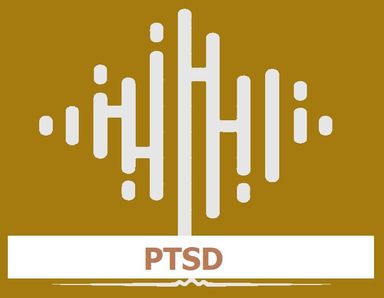
PTSD
Post-Traumatic Stress Disorder (PTSD) may develop following exposure to an extremely threatening or horrific event or series of events. It is characterised by all of the following: 1) re-experiencing the traumatic event or events in the present (intrusive memories, flashbacks, or nightmares); 2) avoidance of thoughts and memories of the event, or avoidance of activities, situations, or people reminiscent of the event; and 3) persistent perceptions of heightened current threat. These symptoms persist for at least several weeks and cause significant impairment in functioning.
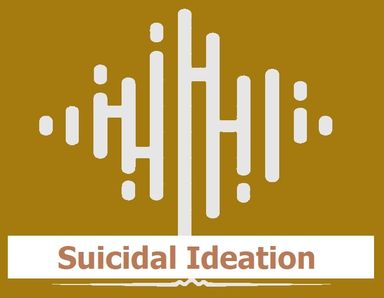
Suicidal Ideation
Suicidal ideations, often called suicidal thoughts or ideas, is a broad term used to describe a range of contemplations, wishes, and preoccupations with death and with killing oneself. Suicidal ideation is often as a symptom of a major depressive episode. Most instances of suicidal ideation do not progress to attempted suicide.
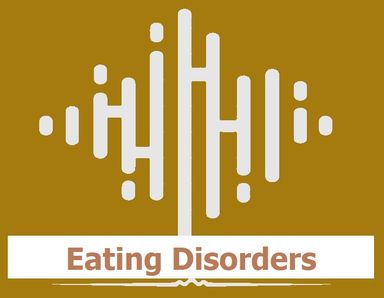
Eating Disorders
Eating disorders, such as anorexia nervosa and bulimia nervosa, involve abnormal eating and preoccupation with food as well as prominent body weight and shape concerns. The symptoms or behaviours result in significant risk or damage to health, significant distress, or significant impairment of functioning.
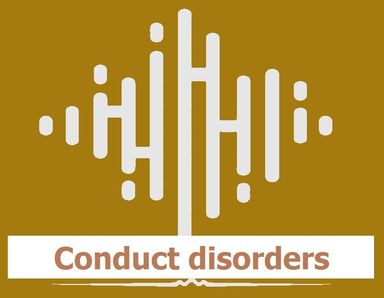
Conduct disorders
Disruptive behaviour and dissocial disorders are characterised by persistent behaviour problems such as persistently defiant or disobedient to behaviours that persistently violate the basic rights of others or major age-appropriate societal norms, rules, or laws.
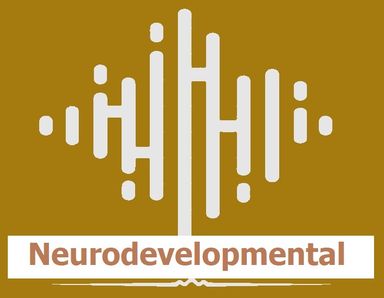
Neuro-developmental disorders
Neurodevelopmental disorders are behavioural and cognitive disorders that arise during the developmental period, and involve significant difficulties in the acquisition and execution of specific intellectual, motor, language, or social functions. Neurodevelopmental disorders include disorders of intellectual development, autism spectrum disorder, and attention deficit hyperactivity disorder (ADHD) amongst others.
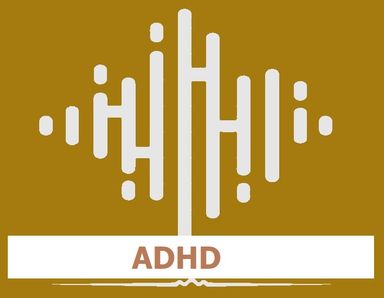
ADHD
Attention deficit hyperactivity disorder (ADHD) is characterised by a persistent pattern of inattention and/or hyperactivity-impulsivity that has a direct negative impact on academic, occupational, or social functioning. Disorders of intellectual development are characterised by significant limitations in intellectual functioning and adaptive behaviour, which refers to difficulties with everyday conceptual, social, and practical skills that are performed in daily life.
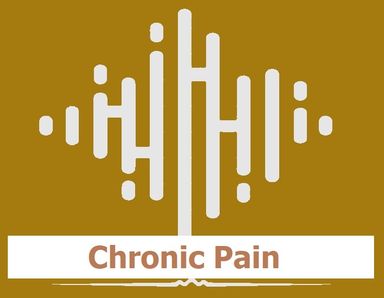
Chronic Pain
Chronic pain is a pain that lasts longer than six months and affects how a person lives their daily life. It continues to occur despite all medical and pharmacological efforts at treatment. In many cases, the pain is initially caused by tissue damage or disease. The continuation of the pain is often the result of pathological changes in the central nervous system. Chronic pain is physically and psychologically stressful and its constant discomfort can lead to anger and frustration with yourself and your loved ones.
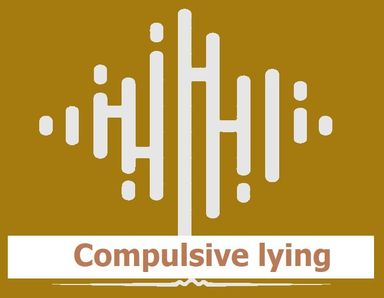
Compulsive lying
Compulsive lying describes a condition in which a person tells falsehoods out of habit, sometimes for no reason at all. It is also known as pathological lying, mythomania, and habitual lying. Compulsive lying may be a symptom of: Bipolar Disorder, Attention deficit hyperactivity (ADHD), Substance dependency, Borderline personality, or Narcissistic personality.
Online Therapy
Our AI Therapy Assistant is accessible 24/7
Online therapy increases access to psychotherapy to people who might otherwise never have sought therapy. It also promises rapid access, lower costs, and no need to get dressed or leave the house.
For therapists, it’s an easy way to access more clients and serve the greater good.
Several studies suggest that high-quality online therapy can be as effective as in-person treatment.
The person receives four 30 minute online counseling sessions.
Therapy is delivered across a secure, encrypted channel.
Contact Us if you want to try our AI Online Therapy Assistant!
